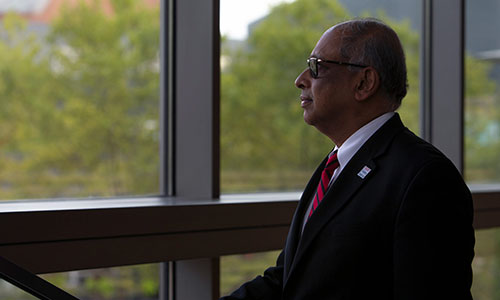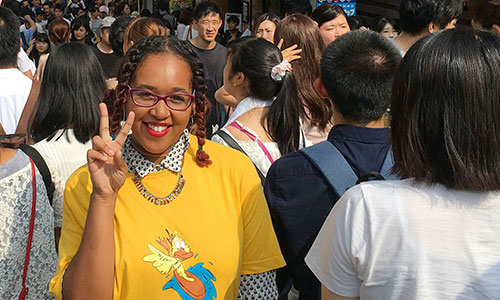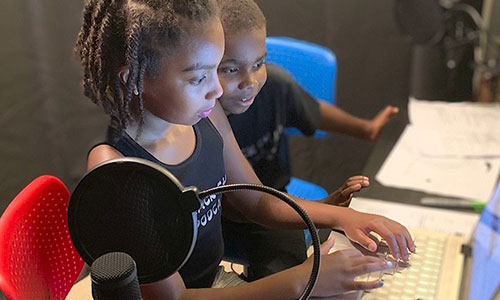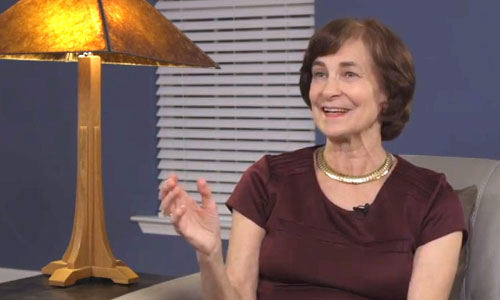UC quickly adapted to a constantly changing, ever evolving educational environment, beginning with the historic undertaking of moving an entire academic enterprise online — more than 8,000 classes — in a matter of days.
“I am extremely proud of how the UC community has transitioned to online teaching and learning,” Kristi Nelson, executive vice president for academic affairs and provost, said soon after students returned home. “Our faculty have been creative and flexible and kept teaching excellence and student success at the forefront of their efforts.
“The magnitude of work, planning and care that has gone into this effort is quite incredible. From our IT team cleaning and repurposing computers for students and faculty in need, to our career education, student affairs and advising teams working to provide alternative online learning experiences and supportive academic and student social services,” Nelson added. “This has been a tremendous effort, and our faculty and staff have gone above and beyond to ensure the UC experience is preserved for our students no matter where they reside.”
The reality is that UC leaned into one of its strengths, says Jason Lemon, vice provost of UC Online, the university’s platform for fully online education.
“For more than two decades, the University of Cincinnati has been an innovator in the world of online instruction,” says Lemon. “Faculty who are teaching online courses at UC take advantage of a very robust suite of academic technologies, learning management systems, digital, video, audio, text and animation. A whole variety of things are available and possible in an online course.”
In many ways, the university was already prepared — poised to thrive in this new reality. Before the pandemic, UC had already increased the number of virtual co-op opportunities, introduced education majors to a new way of teaching, and improved overall digital accessibility. Now this unprecedented fall semester blends online and in-person classes, and the university continues to lend its student, faculty and staff expertise to community and industry partners. Through an unpredictable year, UC remains one step ahead.





